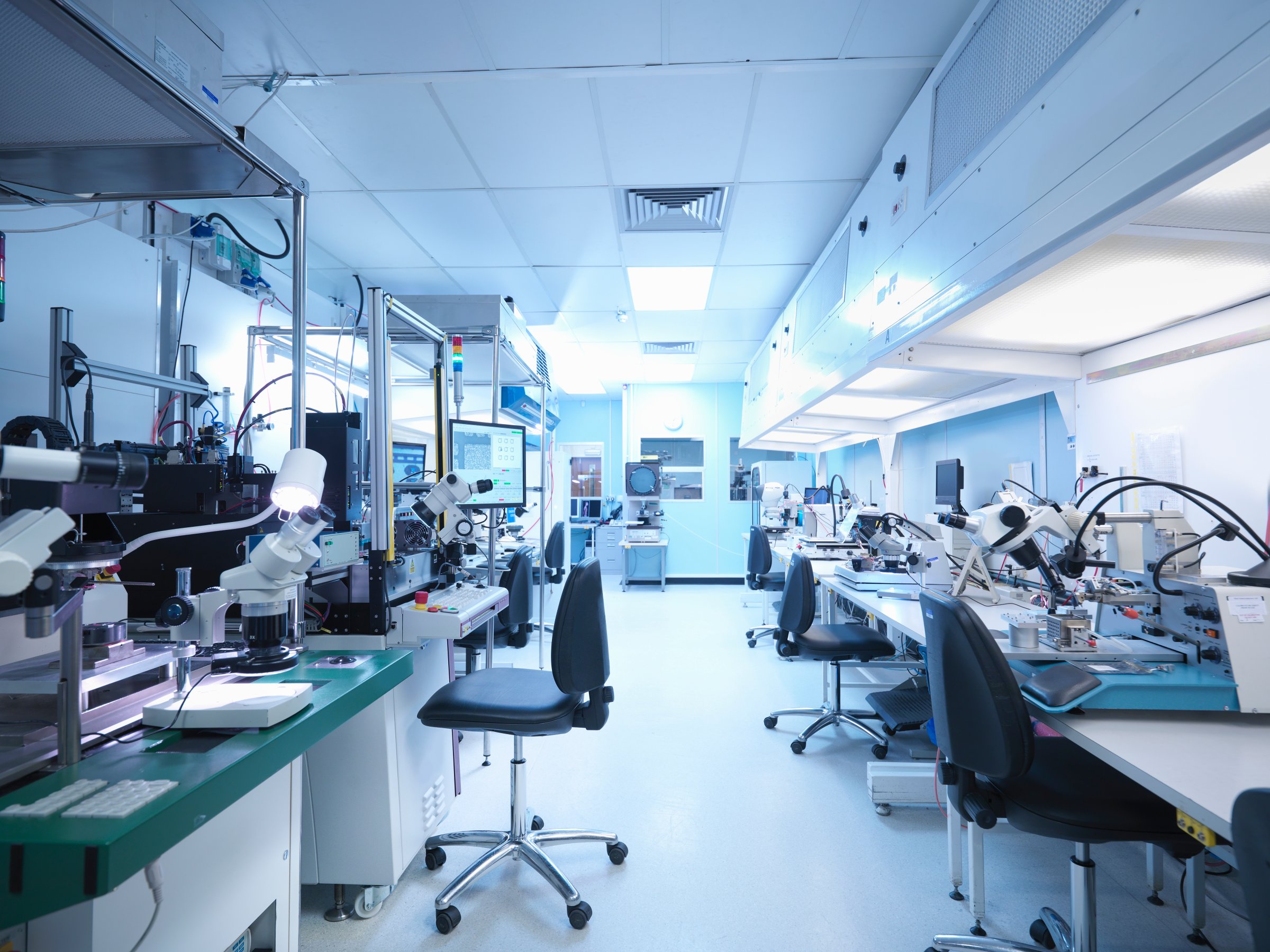
As we once again enter a presidential campaign cycle, candidates will face critical questions about our nation’s future: How will American competitiveness fare in a volatile, global economy? Can we broaden access to knowledge and learning that will close inequality gaps? Will we offer future generations of researchers a path here in the U.S.? Are we equipped to tackle urgent issues such as failing health systems, terrorism, and climate change?
Answers to these questions will shape the lives and livelihoods of people across the country, and they will come, in part, from top research universities. As leaders of two such institutions, one public and the other private, we see every day the powerful outcomes of the search for new knowledge.
Discovery is at the heart of what universities do. We bring together scholars and students who are eager to understand more about the world in which we live. They are curious and committed to asking difficult questions and to solving problems that seem insurmountable. The research undertaken today at universities, and tomorrow by the students we educate, can improve human lives in ways we cannot predict—or even imagine.
Presidential candidates serious about leading this nation must have a concrete, far-reaching plan for keeping our research universities strong and preeminent. They should understand the importance of basic research, which becomes the foundation of innovation, and they should embrace the importance of educating America’s next generation of creators.
We are calling for the renewal of an American compact: a partnership between government and our nation’s universities designed to strengthen our economy, increase access to knowledge, enhance individual prosperity, and address the great challenges of our time.
For over half a century, the collaboration between universities and the federal government has been an engine of scientific discovery and extraordinary progress. It has resulted in medications and treatments for cancer, diabetes, influenza, and HIV; military equipment such as night vision goggles, lightweight body armor, and MREs; and the technology behind tablet computers, search algorithms, GPS, and long-lasting batteries. Yet that partnership is threatened by the erosion of federal support. The question for presidential candidates must be, therefore, not whether the government can afford to invest in research, but can it afford not to?
Unfortunately, the trend of federal investment has been in the wrong direction, and we risk losing ground to those nations eager to stimulate their economies and replicate the historic impact of such funding. The pace of American investment in research and development as a percentage of GDP has slowed, placing us 10th behind OECD nations such as Germany and Japan. China, meanwhile, is projected to outspend the U.S. within the next decade. East Asia as a whole already does.
The nation and the world need the kind of discovery and imagination that U.S. universities nurture. We need the knowledge and understanding that research generates—knowledge about energy and the environment, urban design, cancer immunotherapy, the inner workings of the human brain, and all of the other ambitious projects our faculty pursue. We need the economic vitality—the jobs and companies, creativity and culture—that comes from these ideas and discoveries.
We need a field of presidential candidates determined not to risk the excellence of our intellectual capital. Universities represent an investment in the ideas and the people that will build our future, and collaboration with the federal government is essential to our collective success. Candidates who choose to renew and reinvigorate this longstanding partnership will be positioning the nation for a stronger, more vibrant future.
Drew Gilpin Faust is the 28th president of Harvard University and the Lincoln Professor of History in Harvard’s Faculty of Arts and Sciences; Janet Napolitano is the 20th president of the University of California system of 10 campuses, five medical centers and three affiliated national laboratories.
See the 2016 Candidates Looking Very Presidential
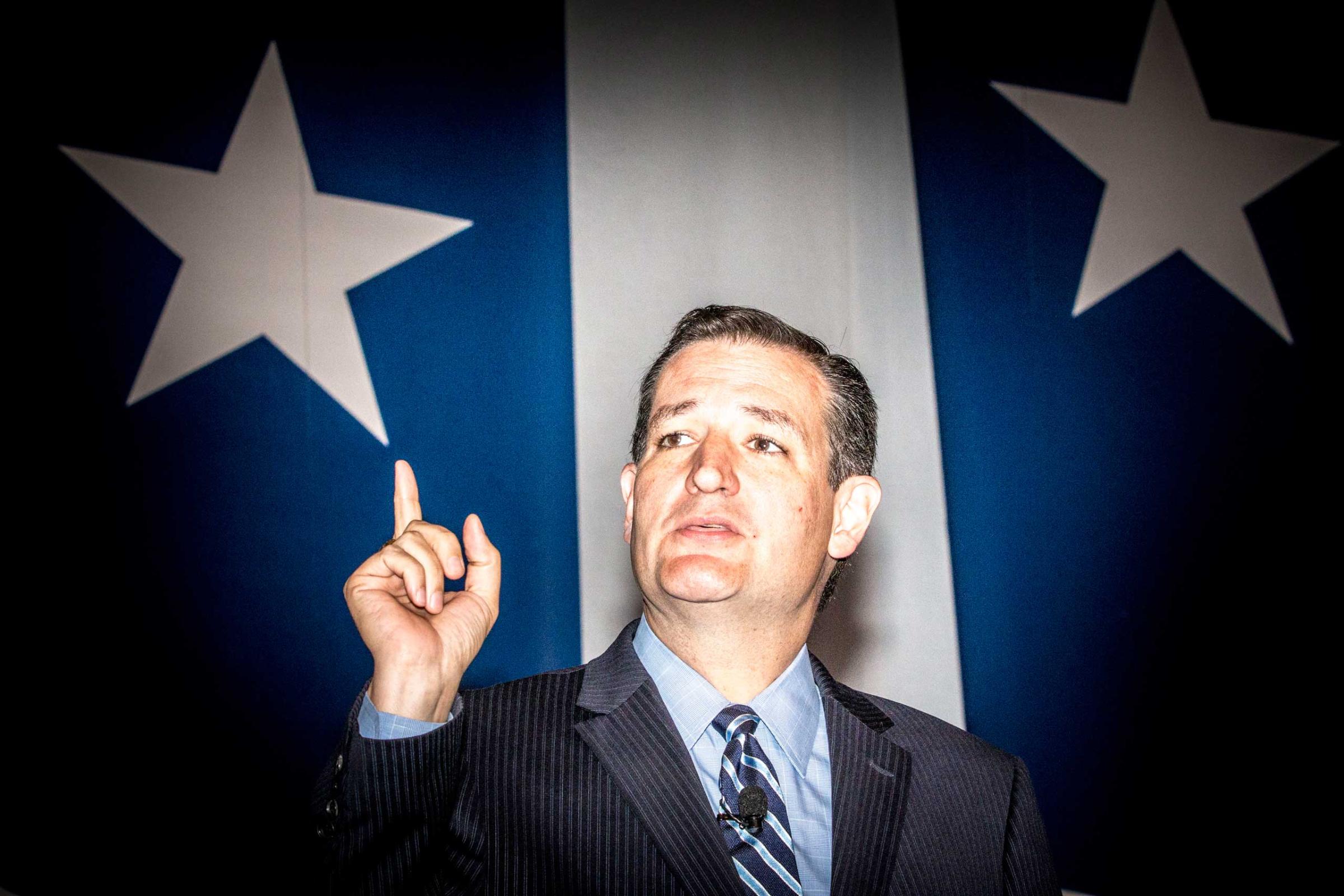
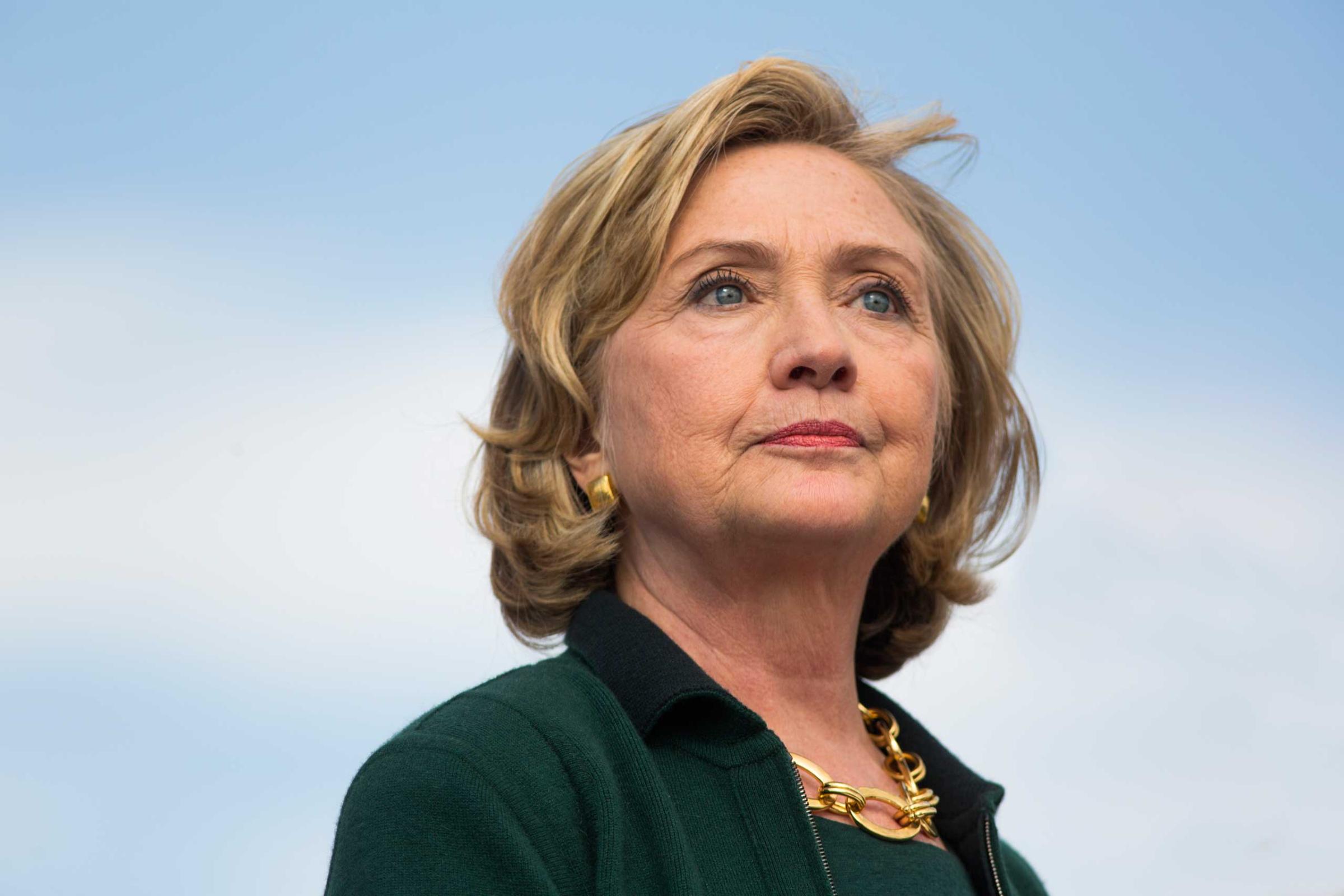
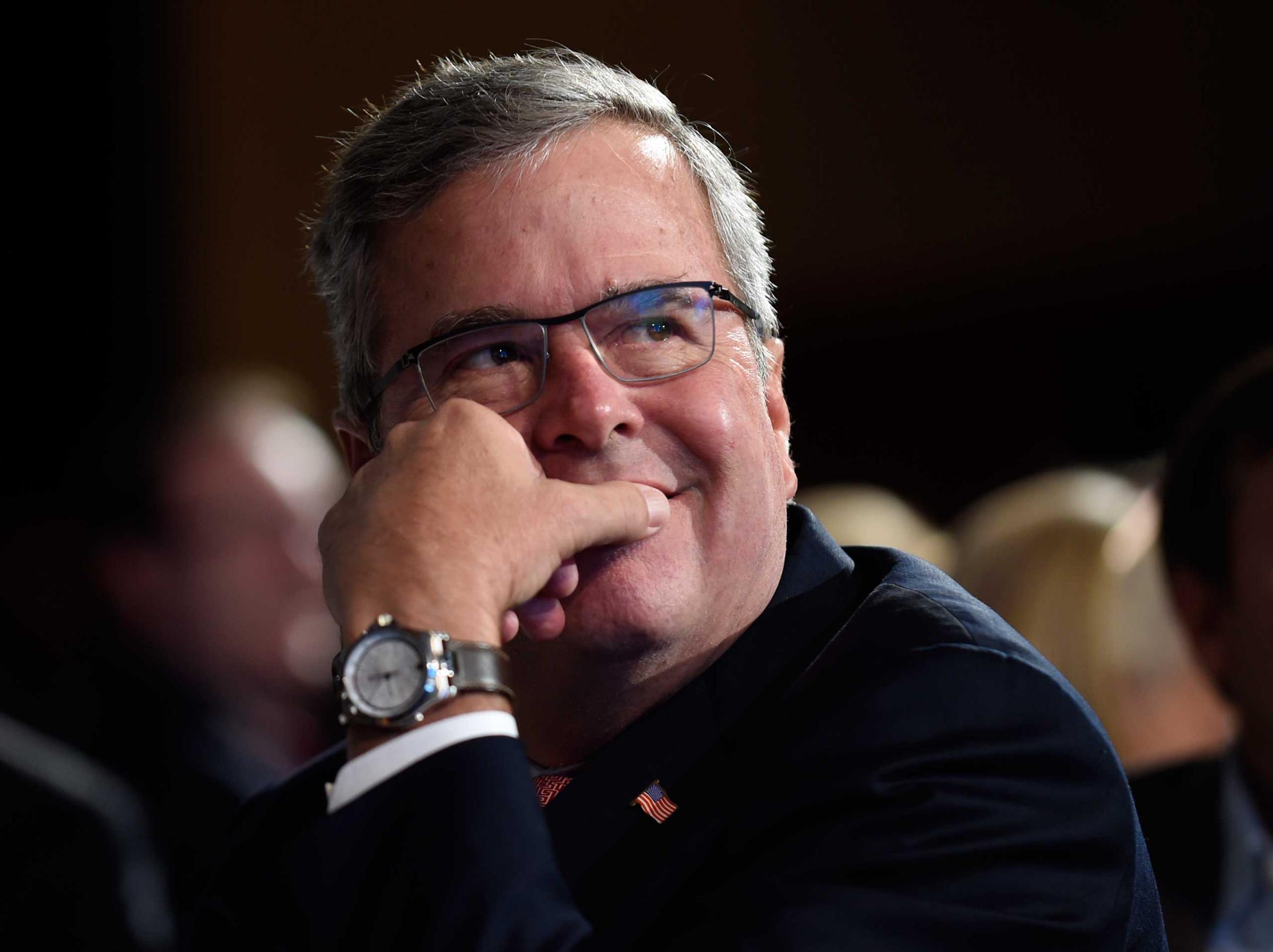
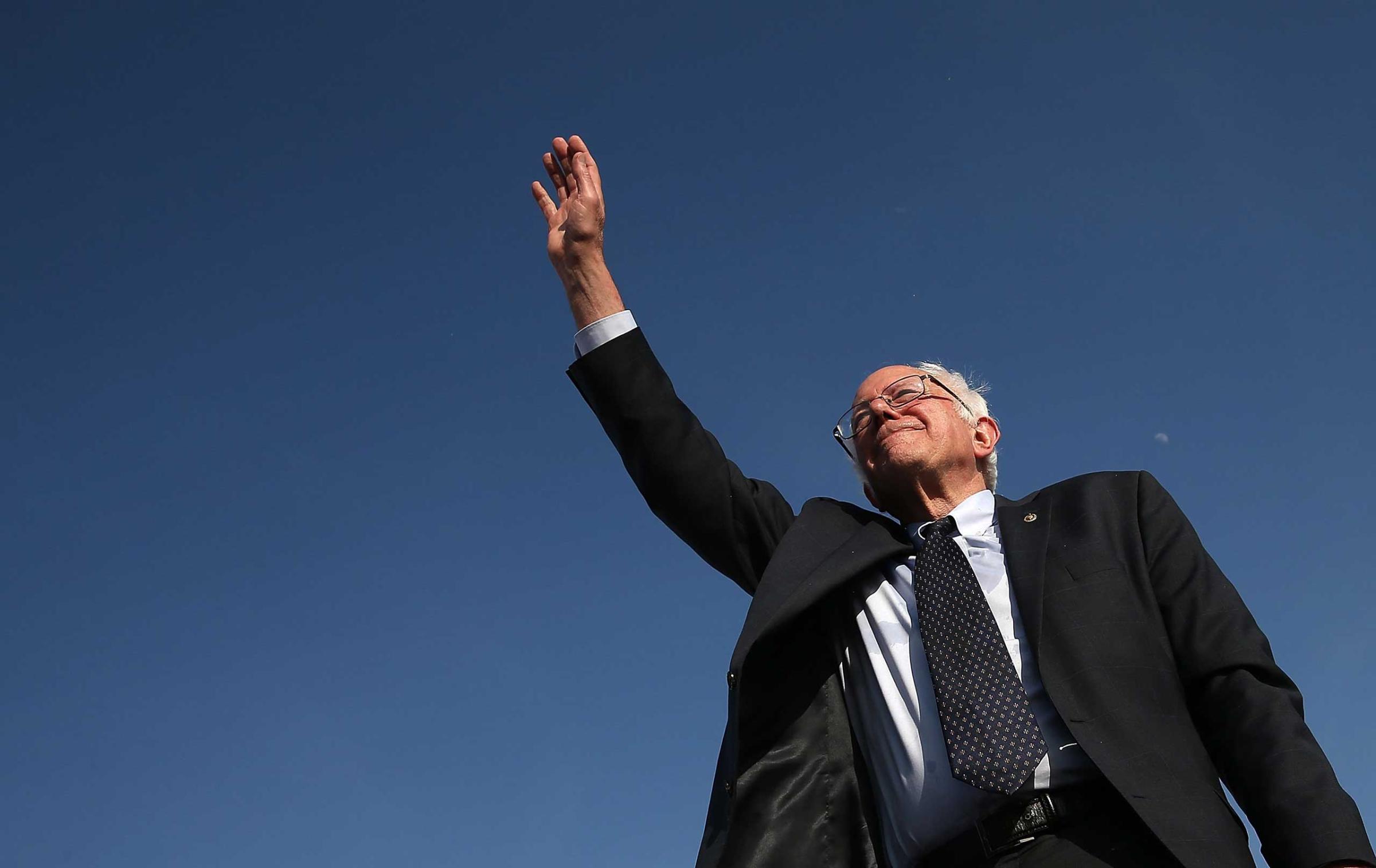
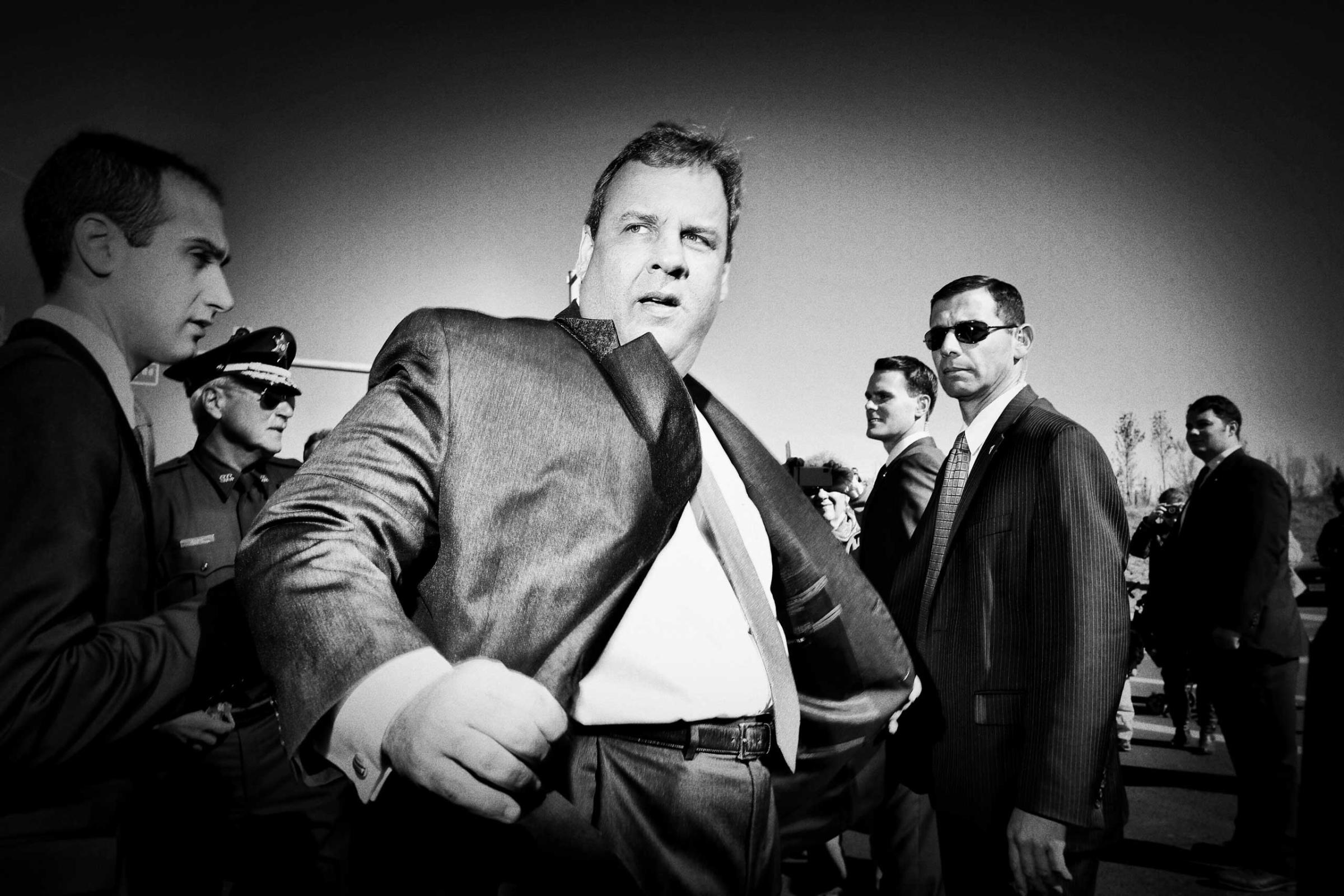
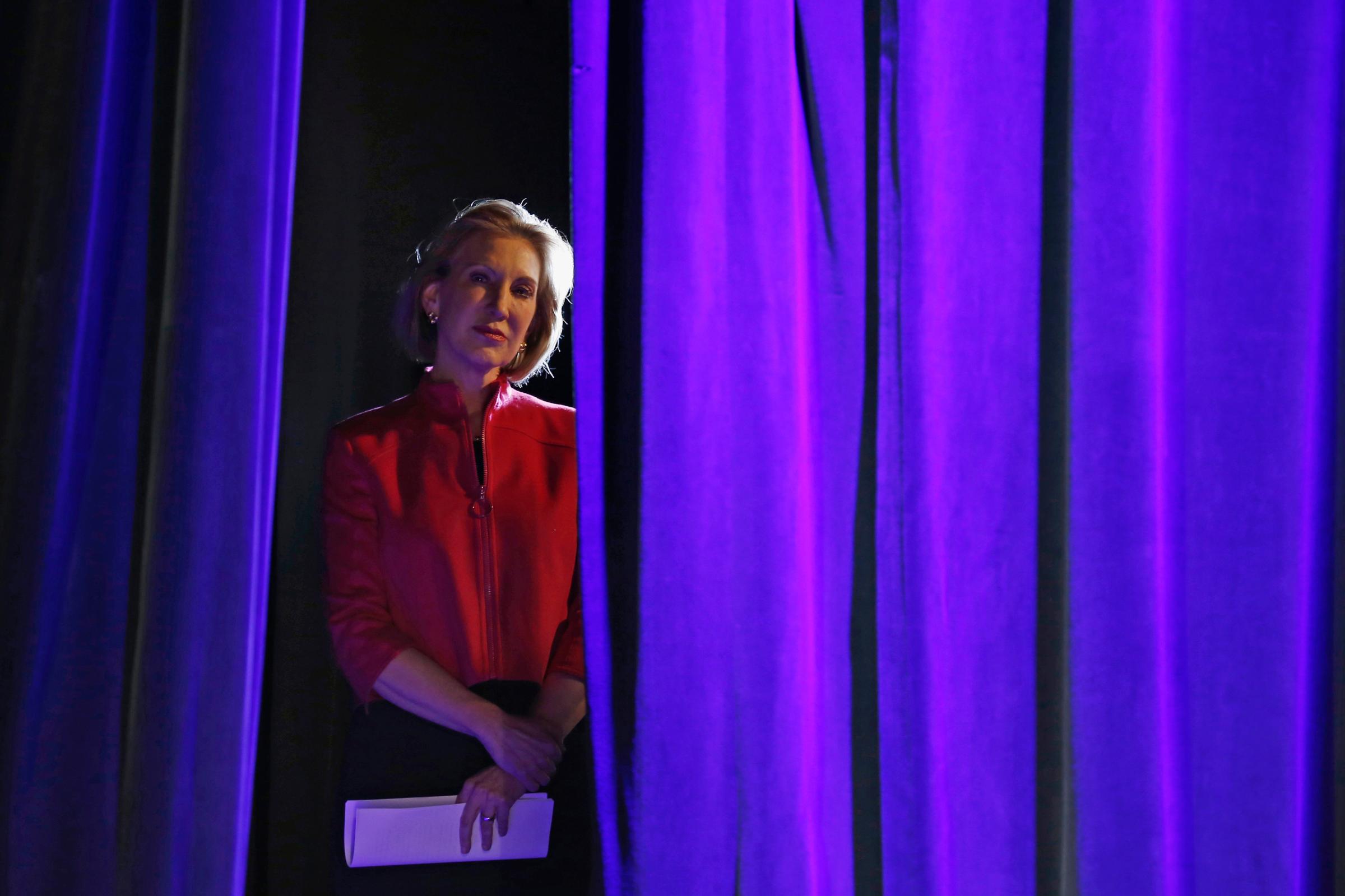
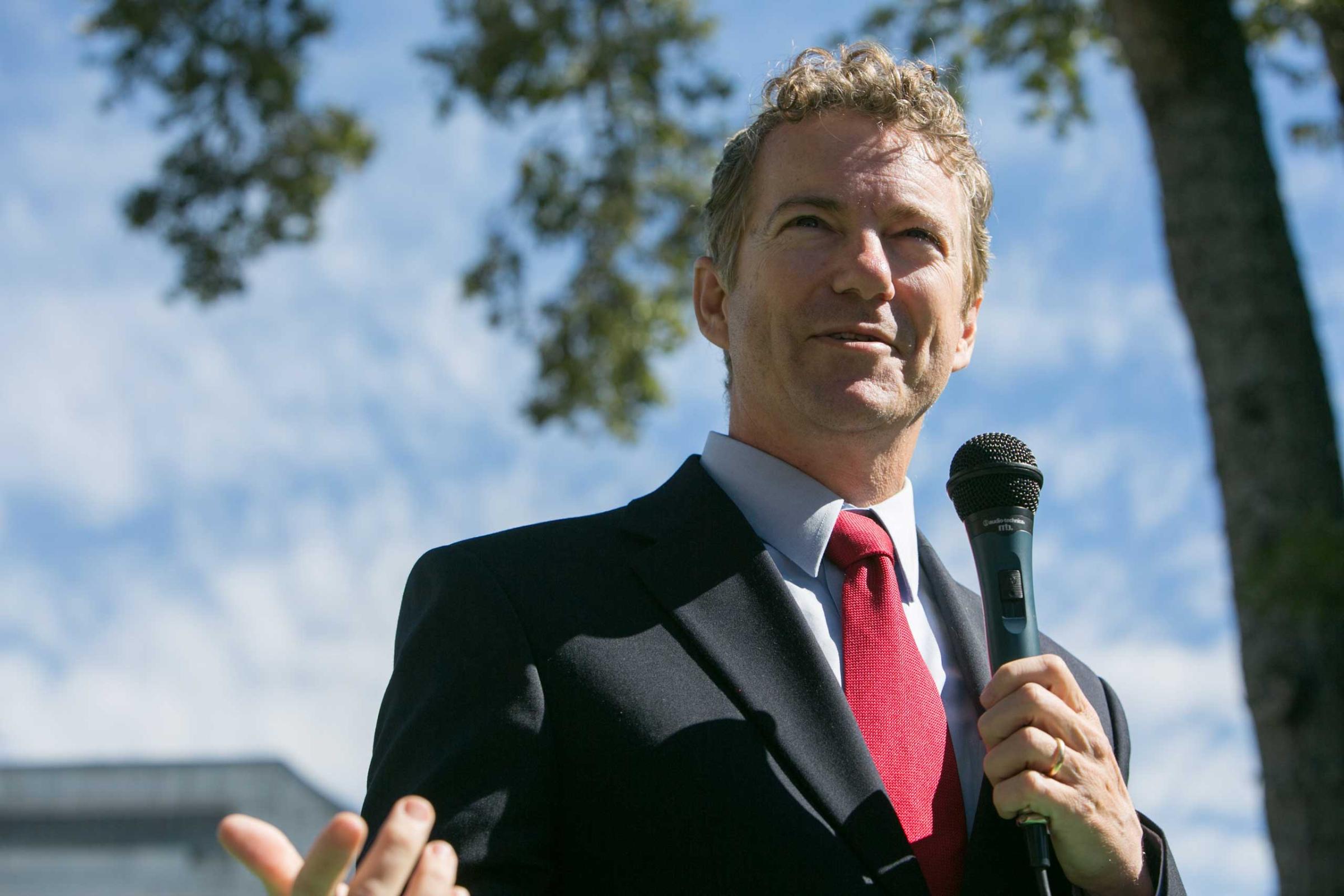
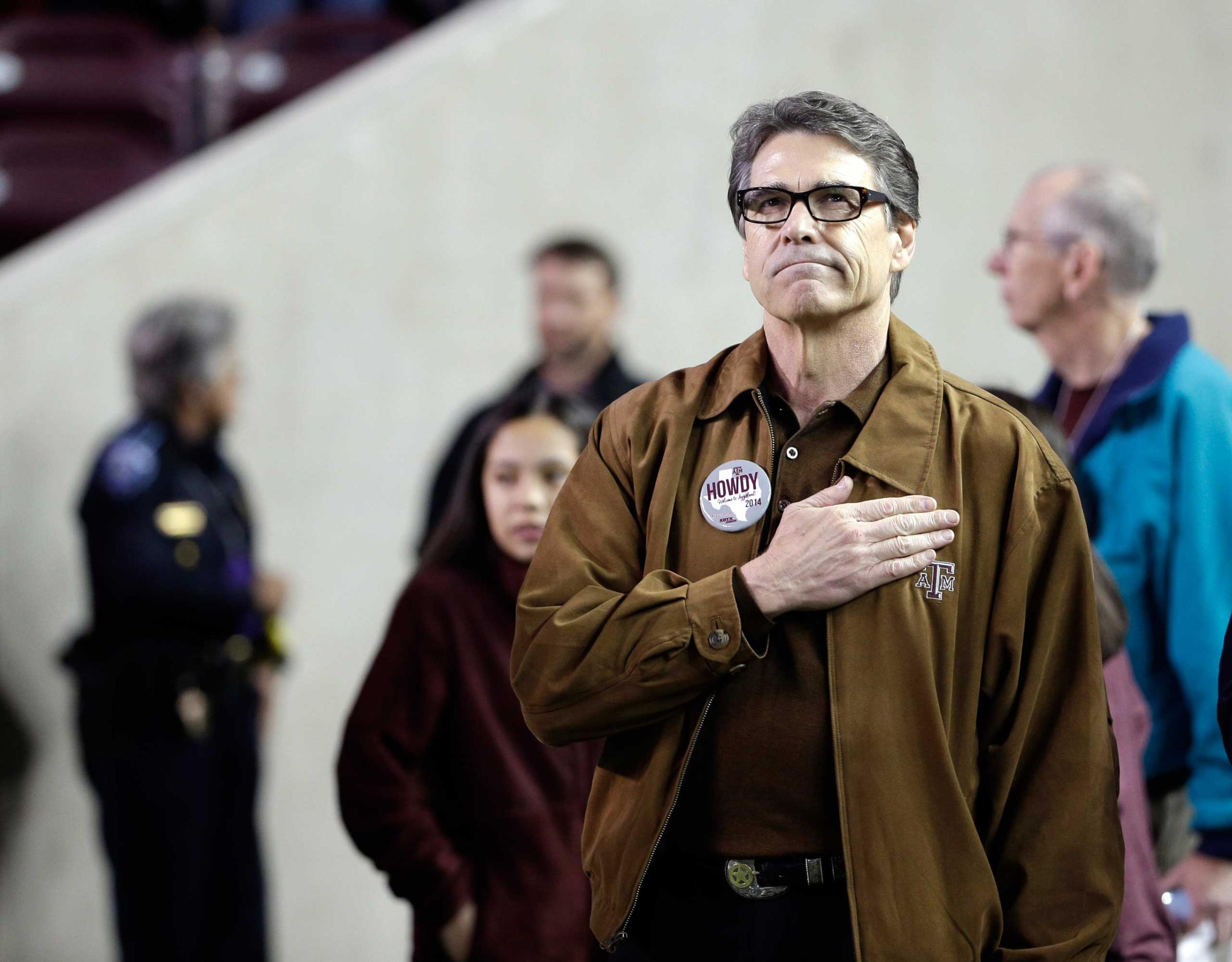
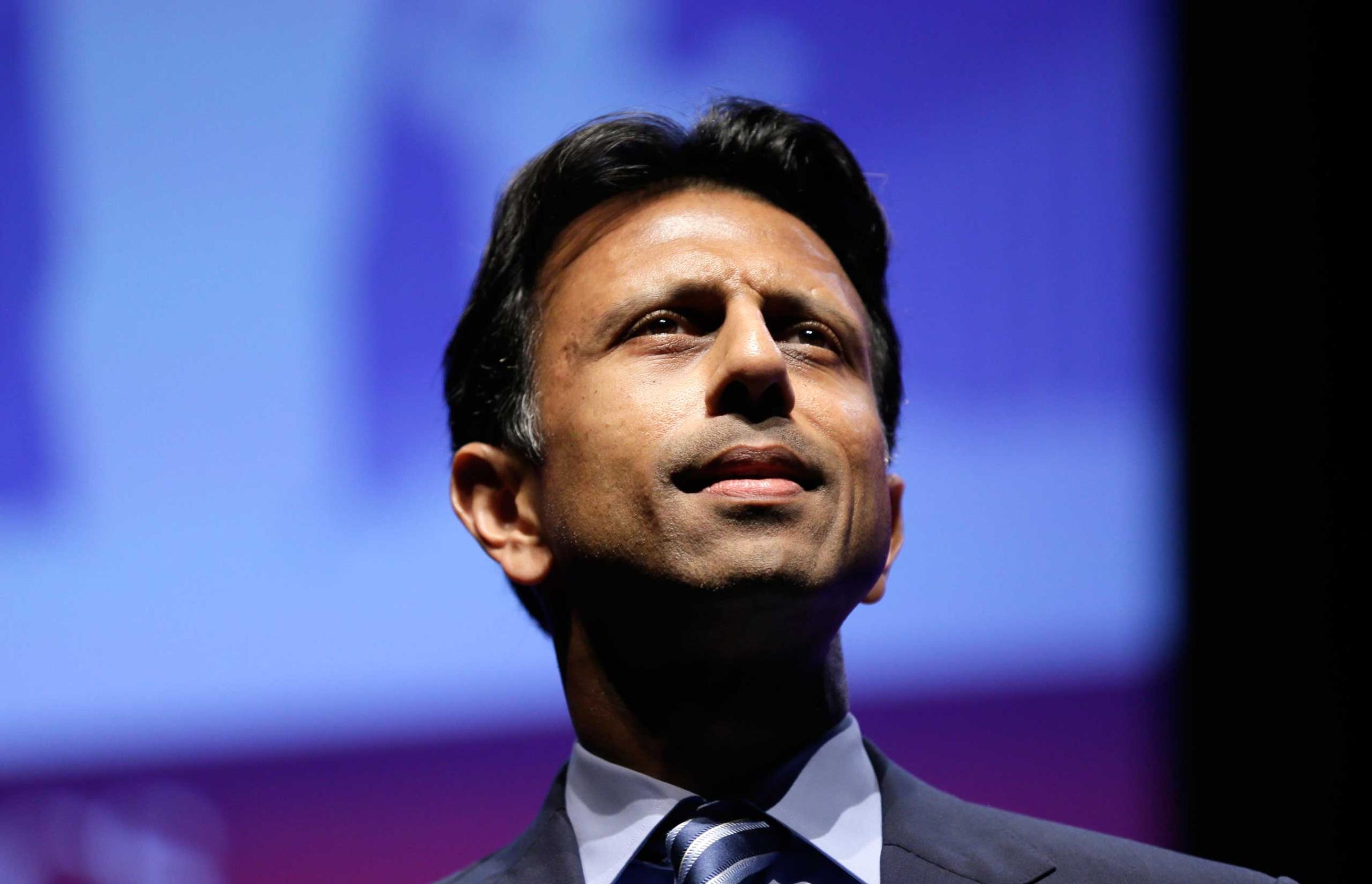
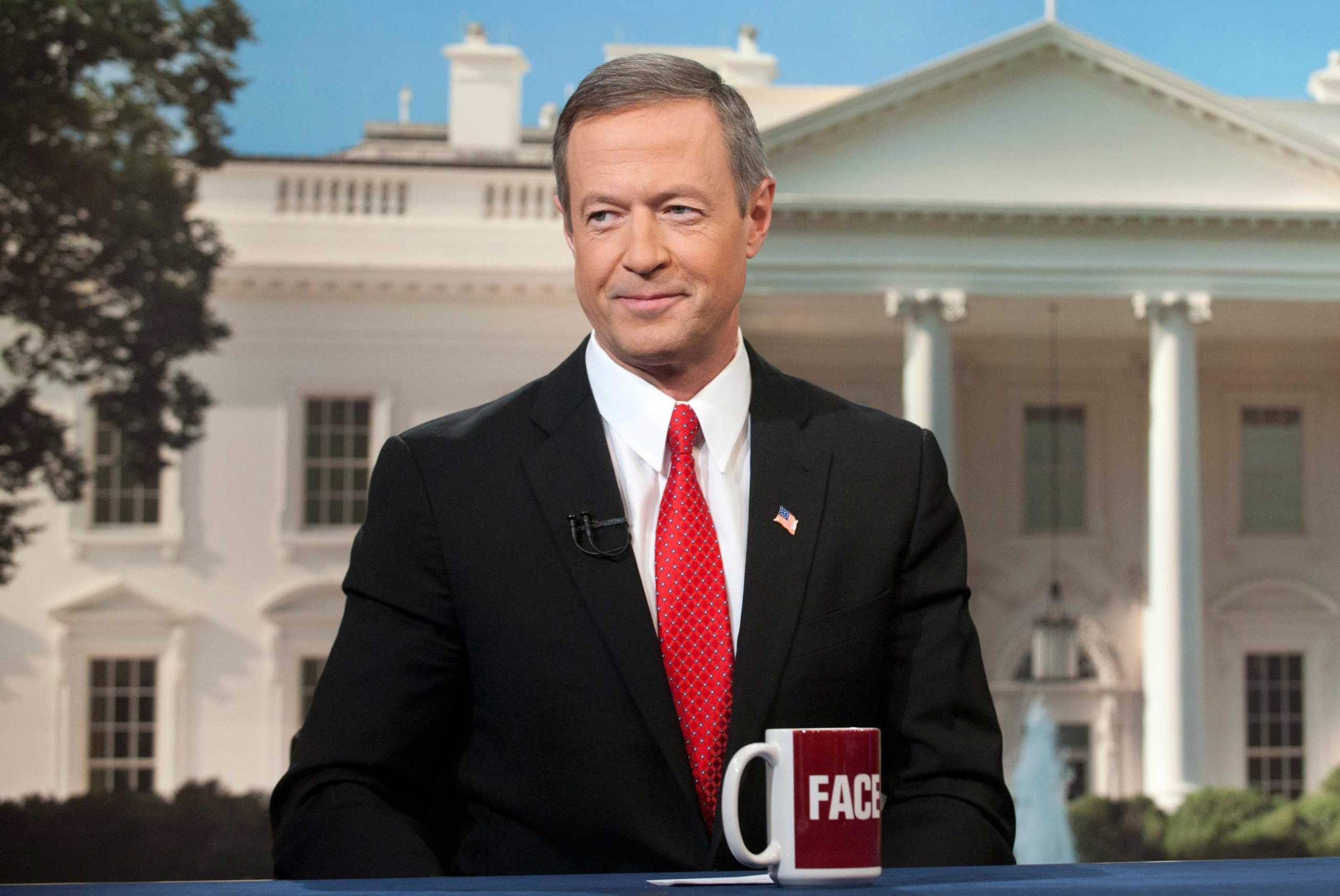
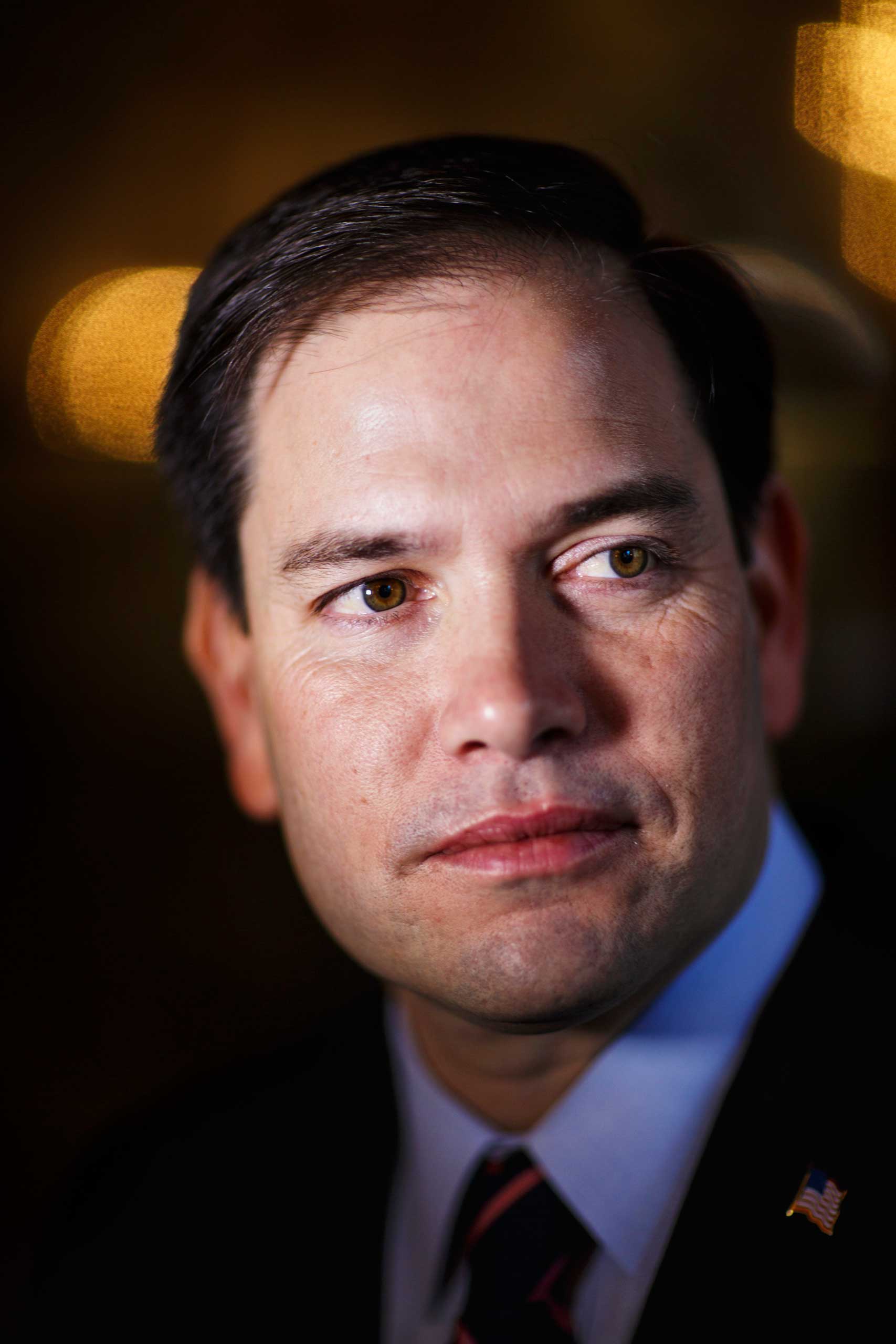
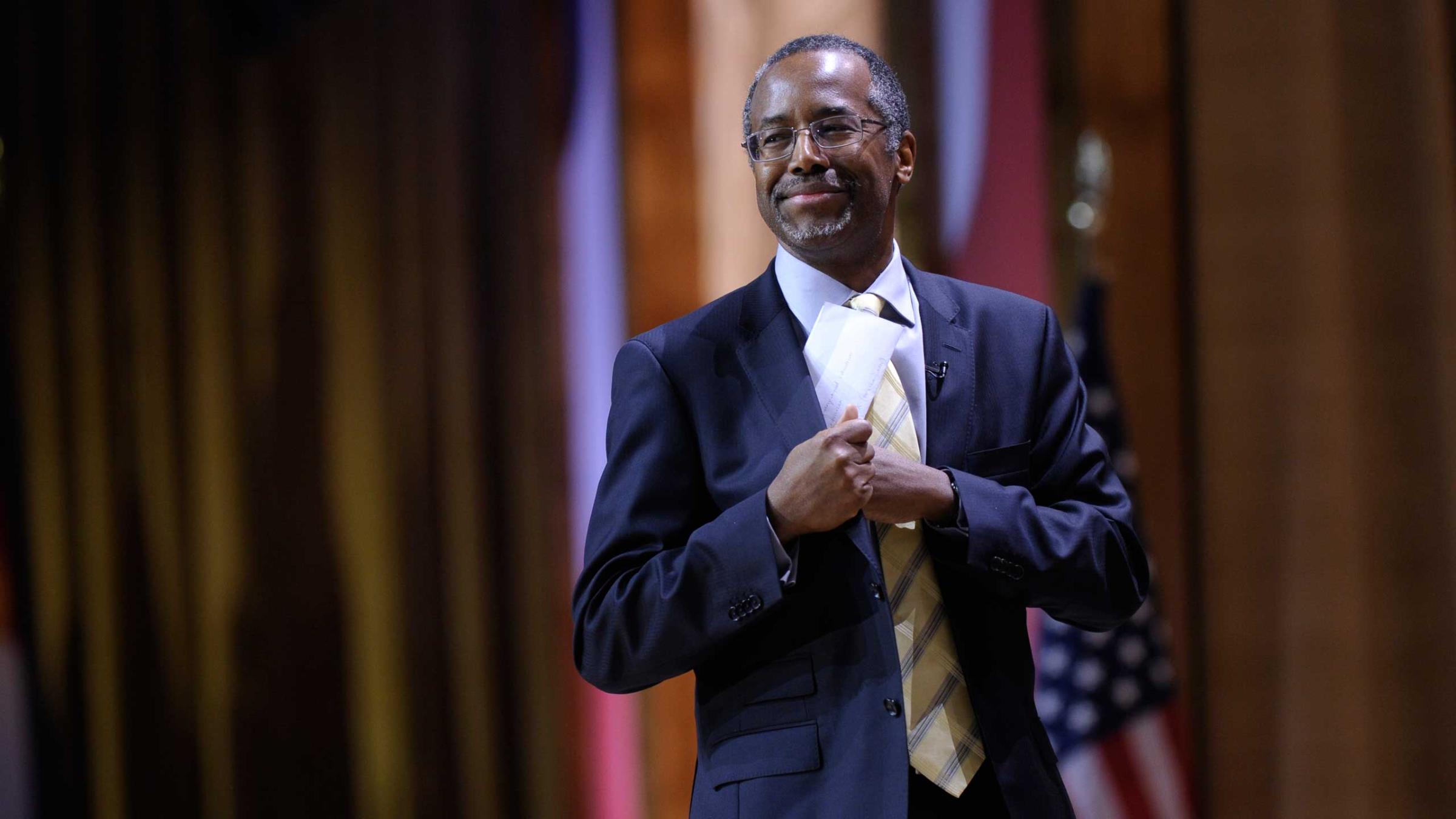
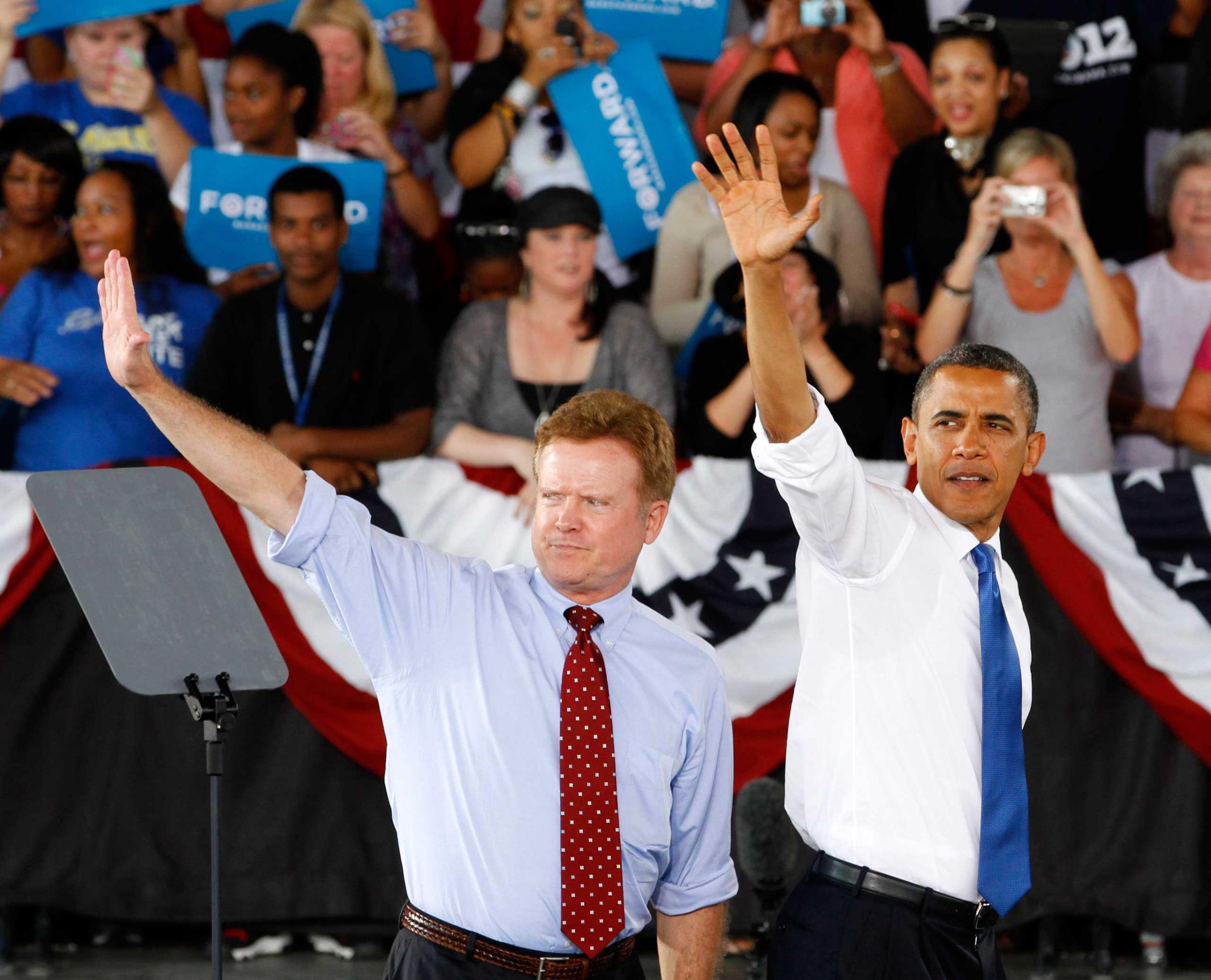
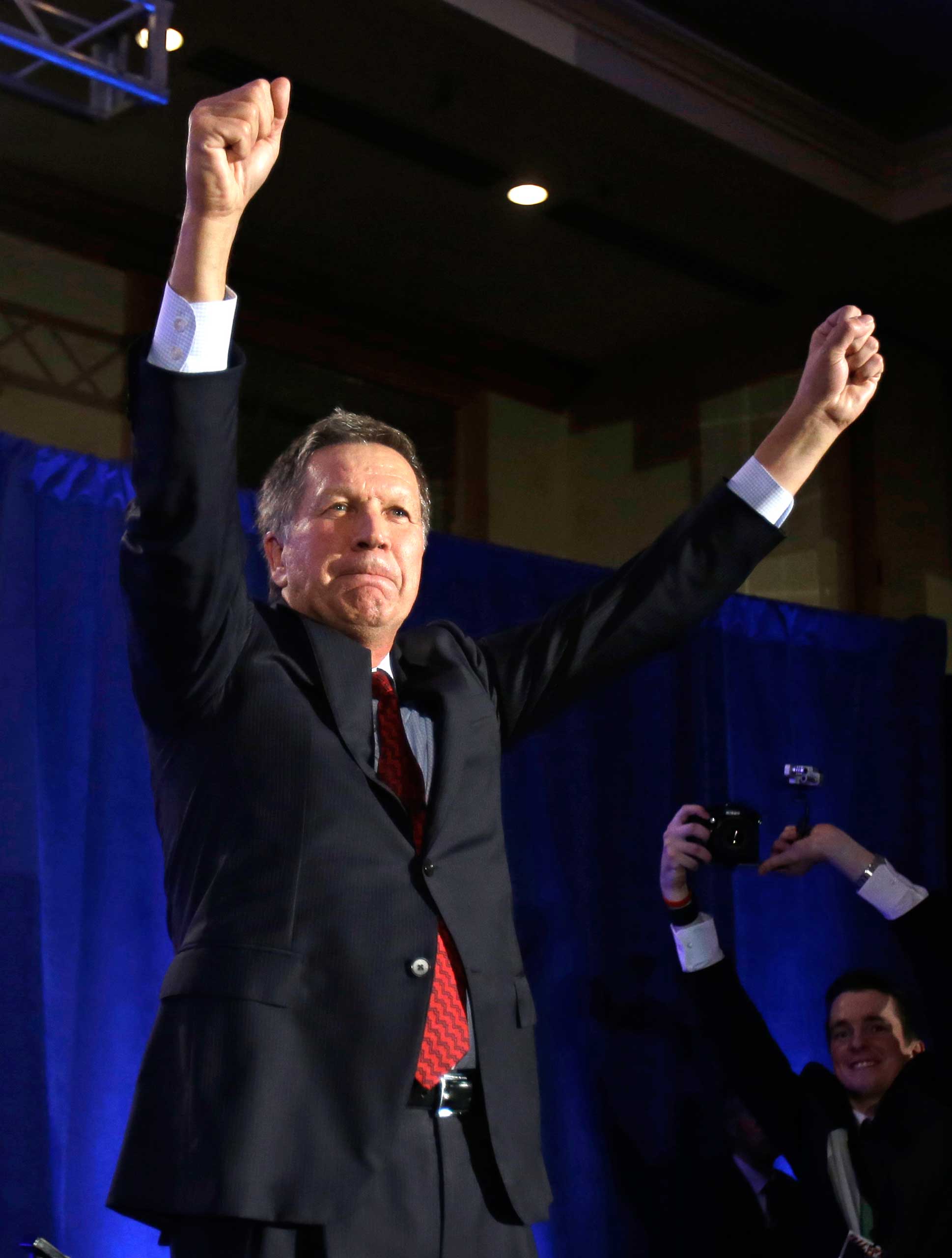
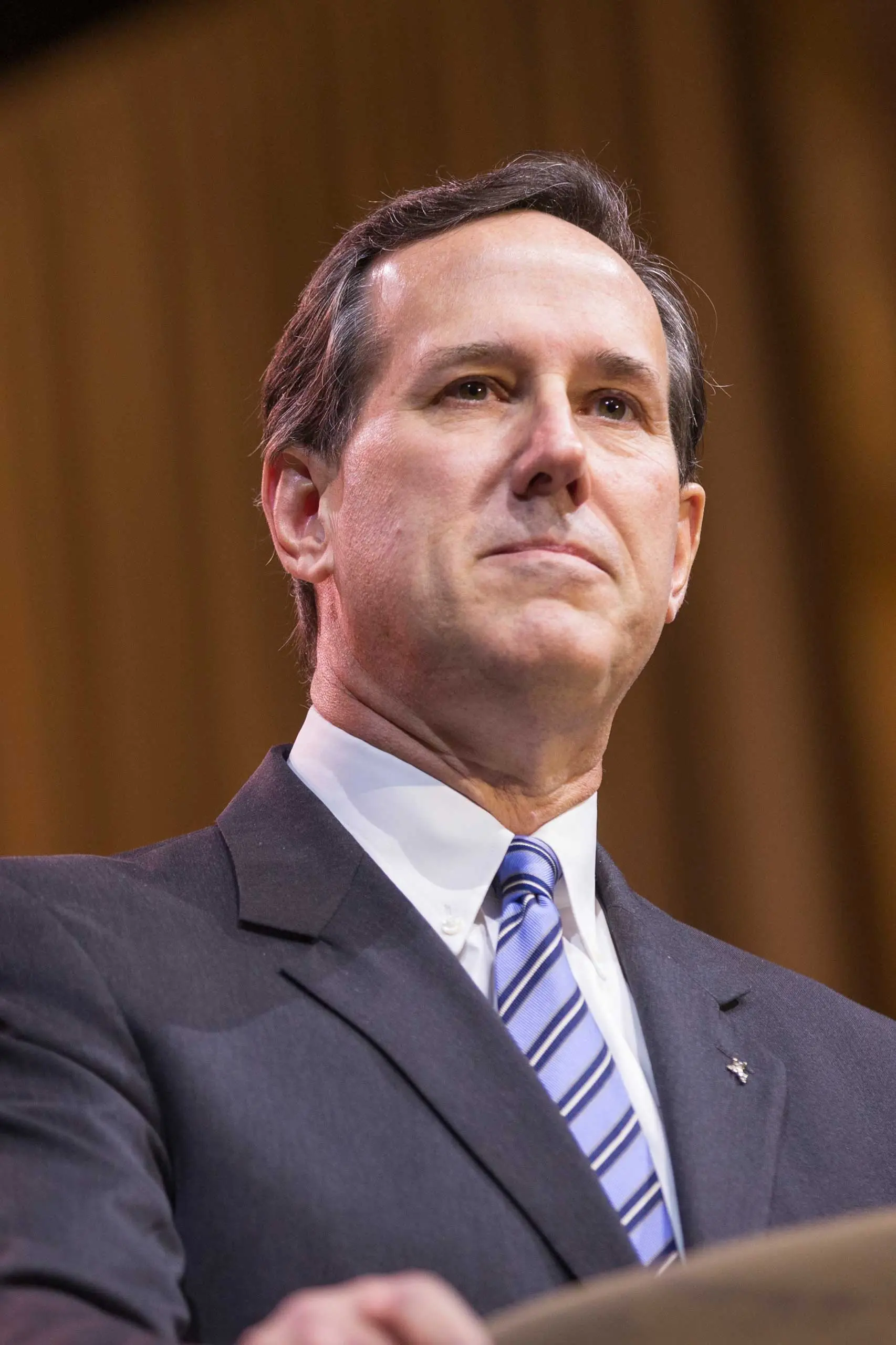
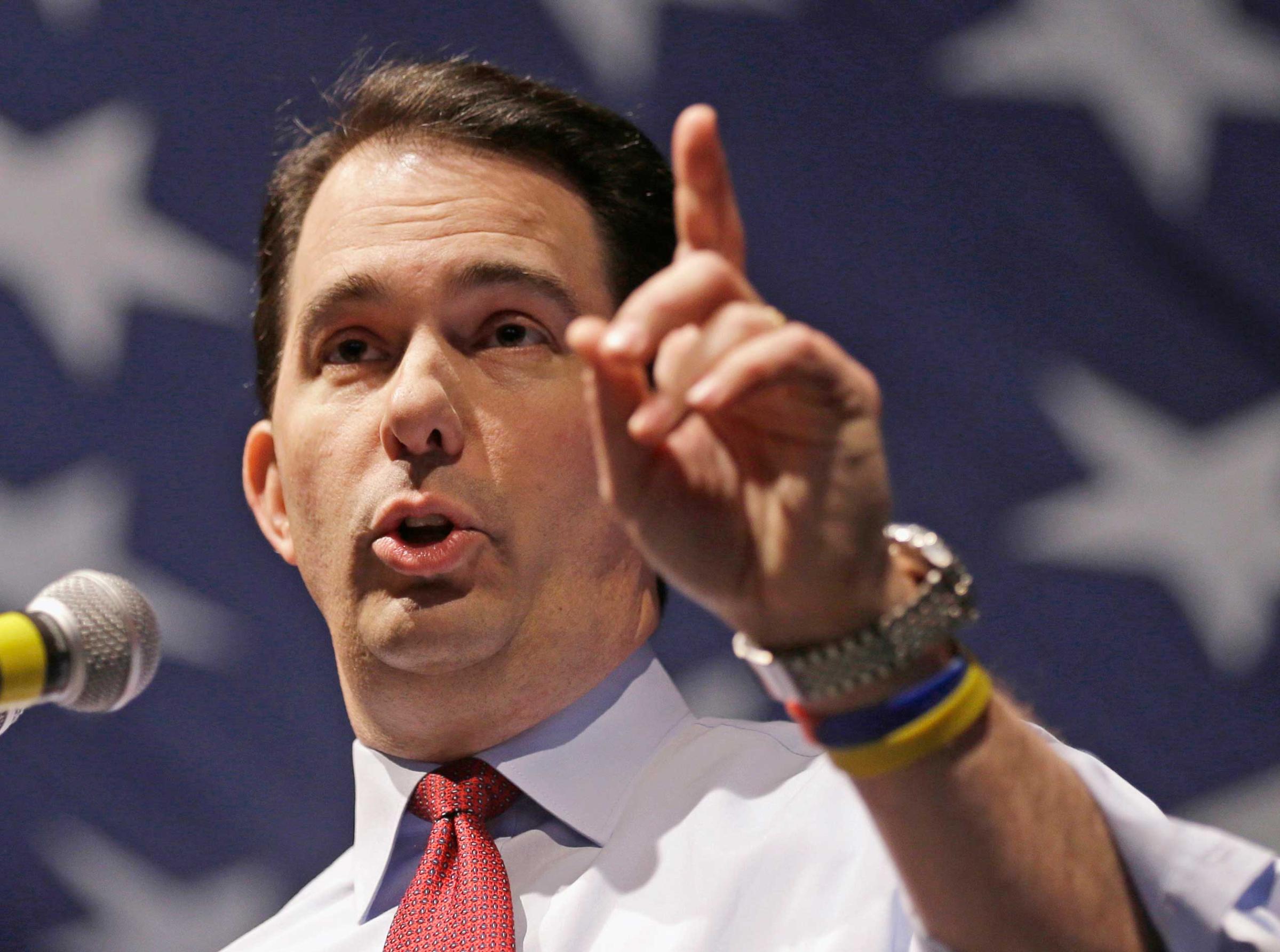

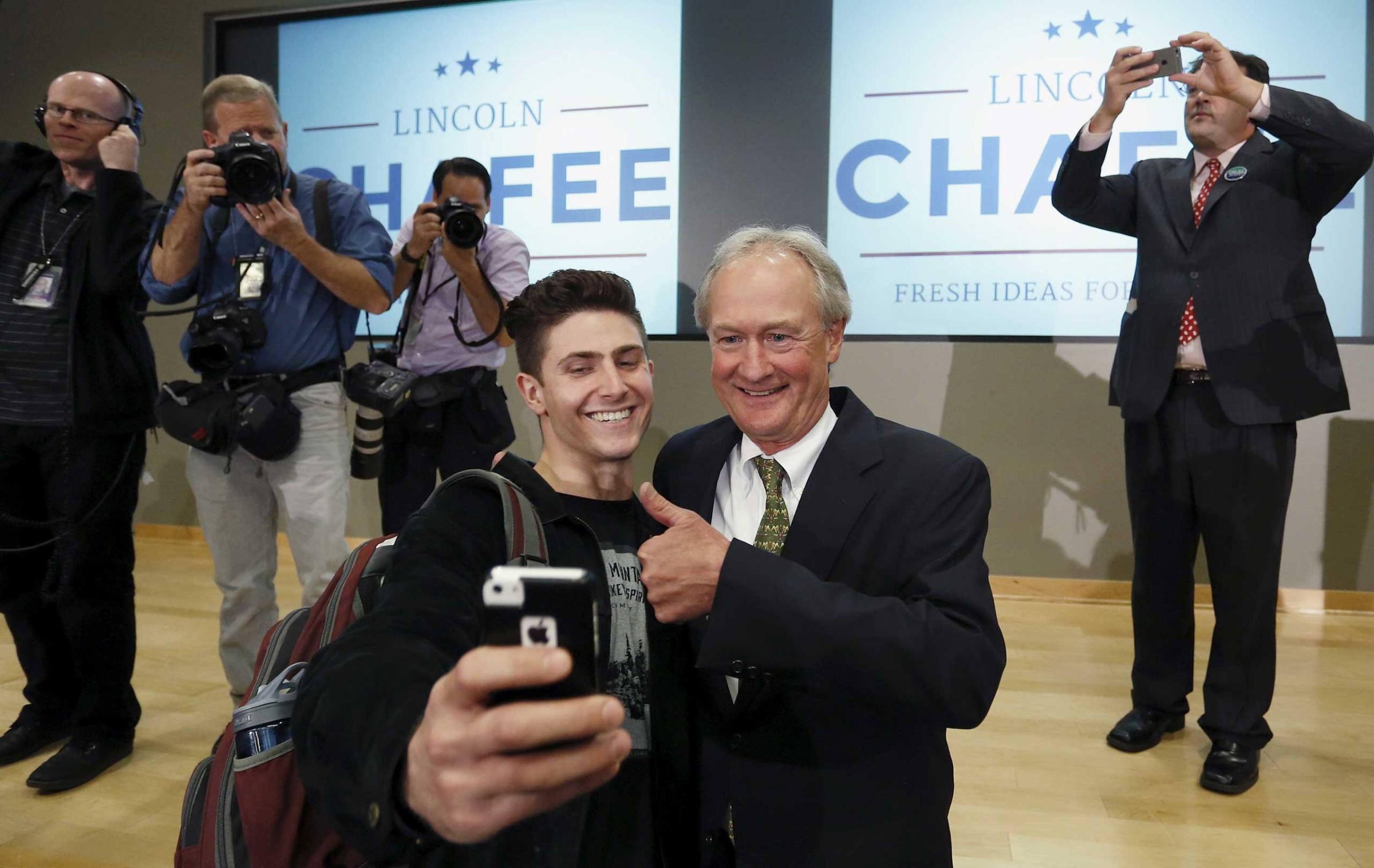
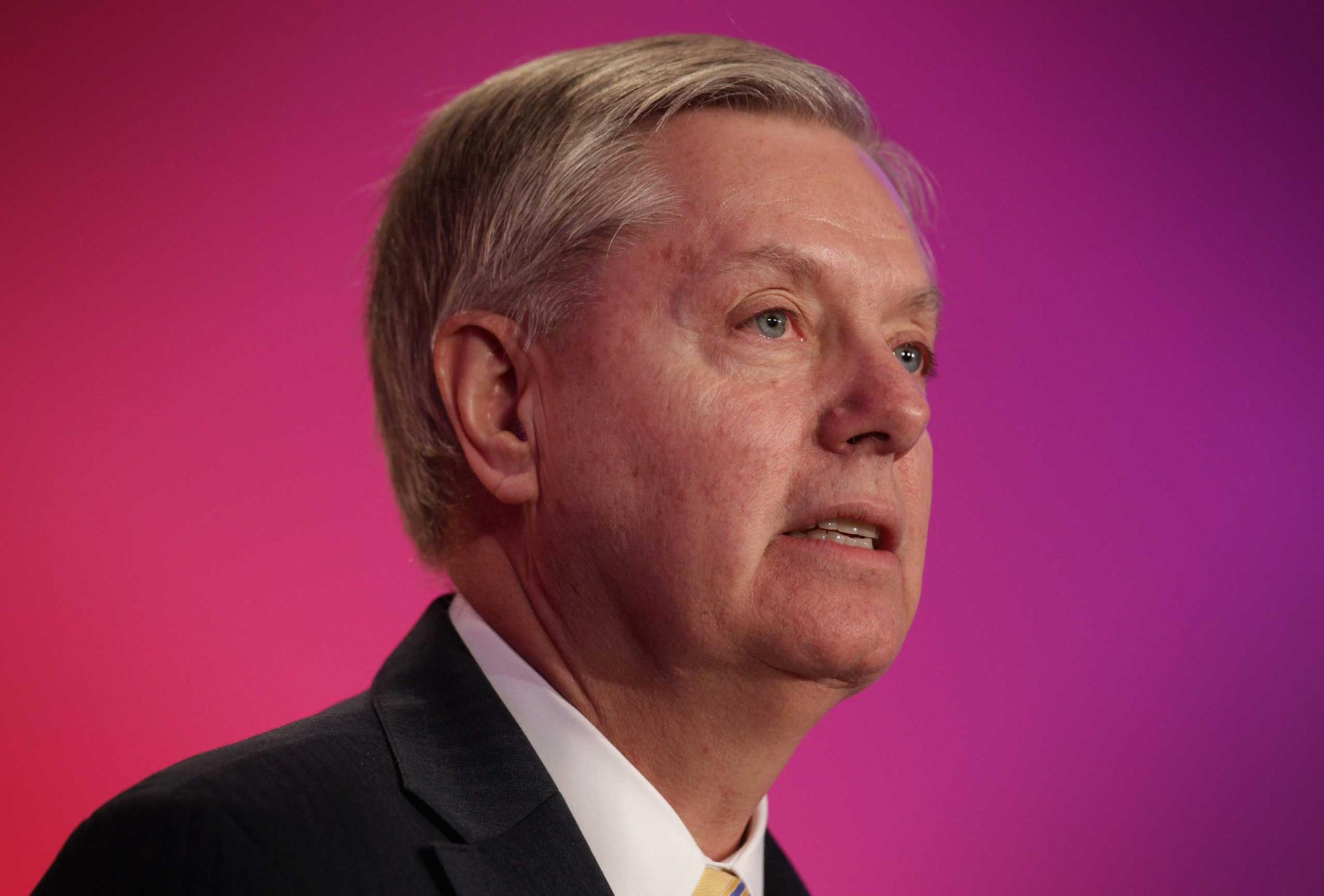
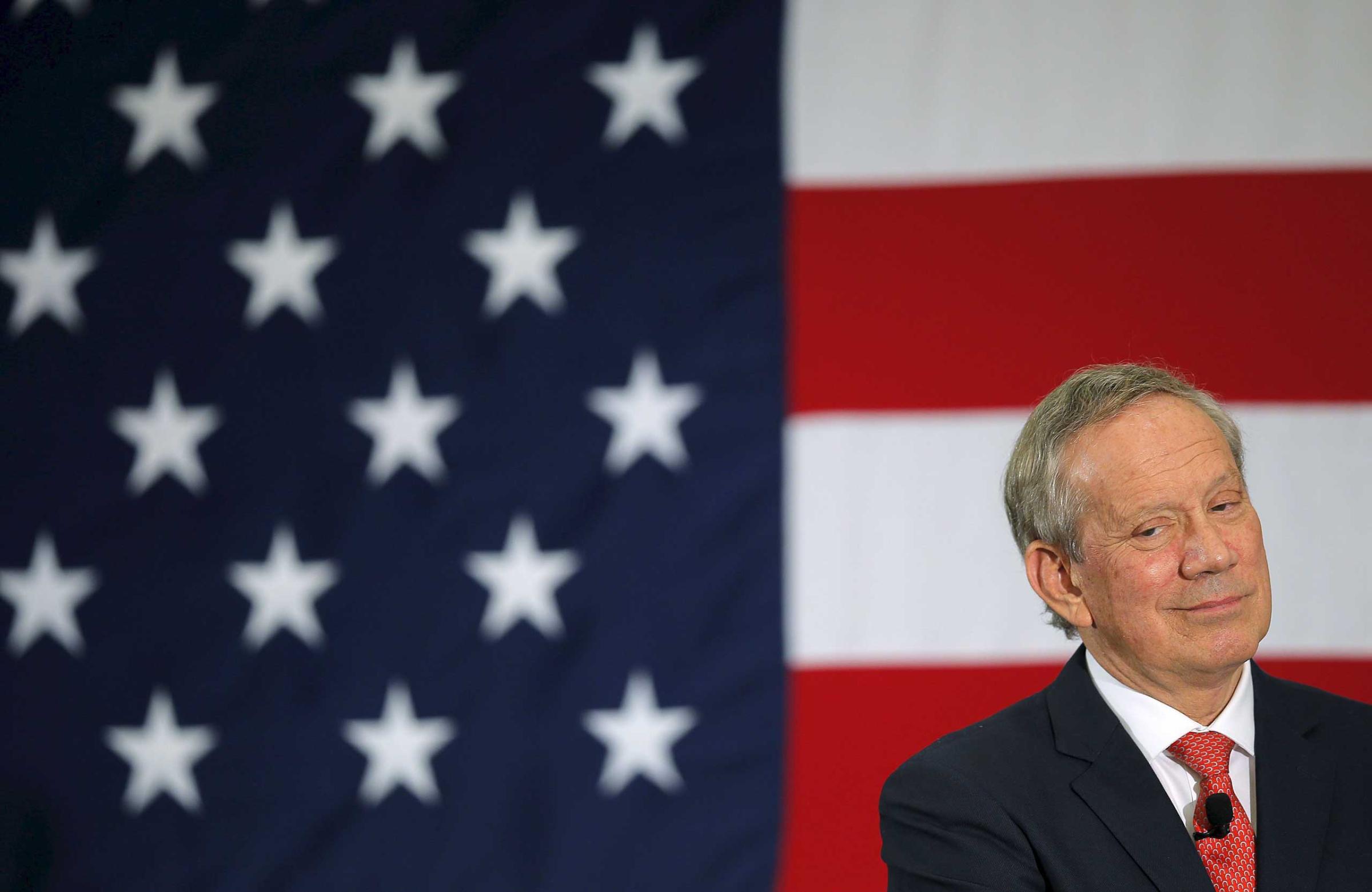
More Must-Reads from TIME
- Why Trump’s Message Worked on Latino Men
- What Trump’s Win Could Mean for Housing
- The 100 Must-Read Books of 2024
- Sleep Doctors Share the 1 Tip That’s Changed Their Lives
- Column: Let’s Bring Back Romance
- What It’s Like to Have Long COVID As a Kid
- FX’s Say Nothing Is the Must-Watch Political Thriller of 2024
- Merle Bombardieri Is Helping People Make the Baby Decision
Contact us at letters@time.com